Highway Chargers Are Holding EVs Back From Becoming Mainstream
【Summary】Electric vehicles are being held back by one thing when it comes to being accepted and having sales increase and it all boils down to the lack of super chargers along highways in North America.
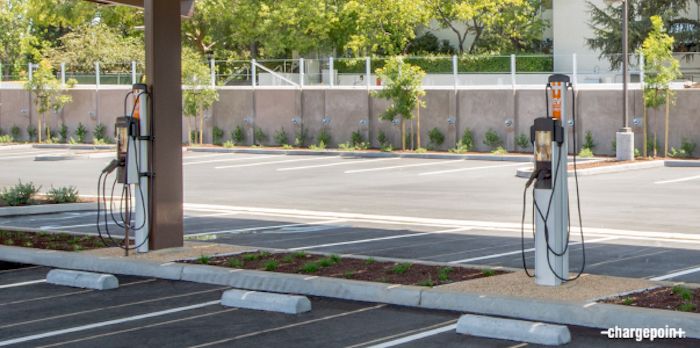
On paper, at least, the current crop of electric vehicles really are do-it-all alternatives to gasoline-powered cars. Range is no longer a concern with the majority of EVs. With cars like the Chevrolet Bolt, electric cars now boast ranges of approximately 238 miles. And some Bolt owners even claim that the compact EV is capable of traveling more than 300 miles on a single charge under perfect conditions.
Electric Vehicles Have Come A Long Way
Another large upside to EVs is that they require little to no maintenance. Regular services for the Bolt include rotating the vehicle's tires and flushing the coolant at 150,000 miles. Besides that, there's not much the Bolt needs. While the idea of not having to maintain an EV as much as a regular gasoline car is attractive, the high costs of electric vehicles has held them back, as well.
Well, that's been remedied, too, as the Bolt costs $37,495, the upcoming Tesla Model 3 is expected to start at $35,000, and the 2018 Nissan Leaf will cost less than $30,000. All of those prices are before the federal tax credit. Clearly, EVs have come a long way and now are in a position to claw sales away from gasoline-powered machines. But that's clearly not happening. So, what's holding electric vehicles back?
North America Needs More Super Chargers
According to a report by Bloomberg, it could be the number of super chargers, more specifically, the number of super chargers along highways. Consumers have access to numerous chargers at work, shopping centers, and parking lots, claims Pasquale Romano, ChargePoint Chief Executive Officer, but there aren't a lot of charging areas for drivers looking to go on a long trip.
"Getting a highway infrastructure up and ready is critical," said Romano. "It's a red-herring that there is no charging network in cities."
Automakers all over the globe are pouring billions of dollars into researching and developing electric vehicles as countries are moving towards following stricter emissions and pollution standards. Europe, for instance, will put more stringent carbon-dioxide limits into effect in 2021. The decision to enforce stricter pollution standards has driven some automakers to create drastic plans. Volkswagen, for example, has plans to electrify all 300 of its global models by 2030.
If more chargers aren't put in place around the world, none of the automakers' plans will matter, though. To that end, ChargePoint, which is headquartered out of Campbell, Calif. is looking to boost its operations – mainly in Germany and the rest of Europe. The decision to begin developing chargers for Europe and Germany's highways came after the company raised $125 million in an investment round, which was led by Daimler and Siemens AG, reports Bloomberg.
While it's easy to point at charging locations and claim there's not enough of them, Romano also believes that there are other factors that are drawing consumers away from EVs. "The infrastructure is segueing naturally, except for highway charging, where Tesla has already proven this can be done without much trouble," Romano said. "It hasn't been in their interest to move very fast on electric cars," he said.
According to Bloomberg, the number of chargers worldwide has increased by 61 percent from last year to a total of 363,000. China led the pack, reports Bloomberg, while Germany saw the most growth in Europe with an increase of 33 percent.
With more chargers coming out, electric car sales should soar, as the only negative aspect to the battery-powered machines will be their price.
via: Bloomberg
-

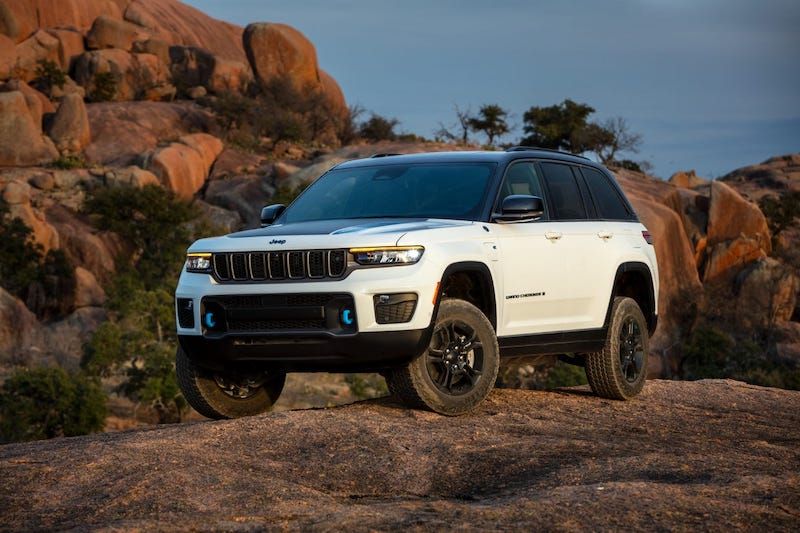
2023 Jeep Grand Cherokee Trailhawk Now PHEV Only
-

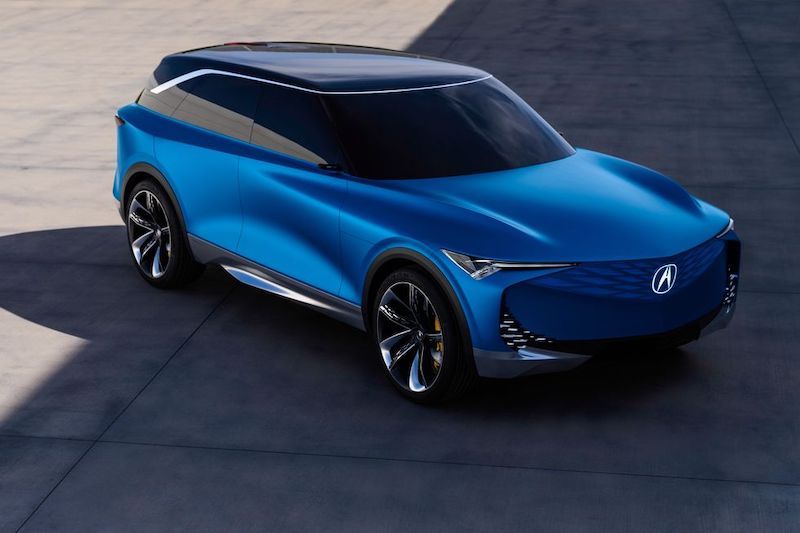
Acura Prevision EV Concept Previews Brand’s Electric Future
-


Hyundai Gets Serious About Electric Performance Cars, Shows off Two Concepts
-


Ford Looks to Have 100% of EV Sales Be Online
-

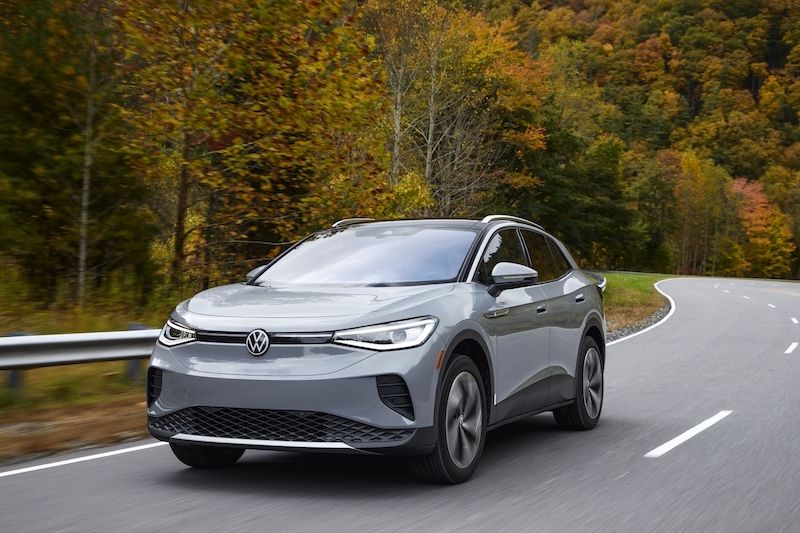
Volkswagen CEO Believes It Will Overtake Tesla in EV Sales by 2025
-

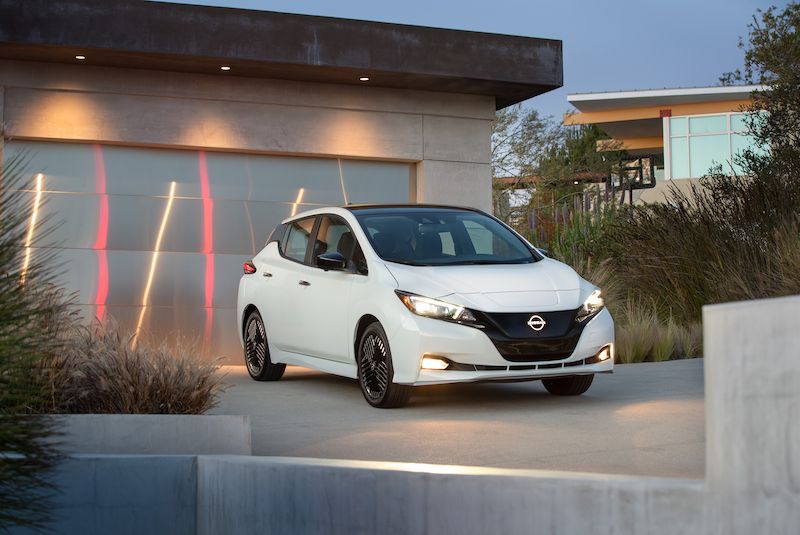
Report Claims Nissan Leaf Will Be Discontinued by 2025
-


Autonomous Vehicles Will Require Cities to Change Their Transportation Methods
-

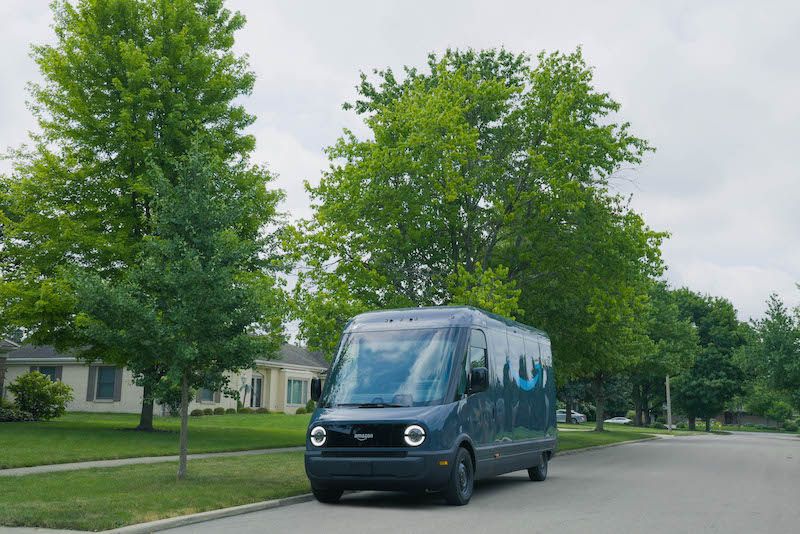
Rivian, Mercedes-Benz Partner to Produce Electric Commercial Vans
- Toyota is Working With the U.S. Dept of Energy to Advance ‘Megawatt-Scale’ Fuel Cell Powered Stationary Energy Generators
- Hyundai's 2022 IONIQ 5 Electric SUV Awarded an IIHS 'Top Safety Plus' Rating
- Apple Reveals the Next-Gen Version of CarPlay, Which Takes Over a Vehicle’s Entire Dashboard and Screens
- General Motors Announces Two Major Long-Term Supply Agreements for Enough Lithium and Cathode Material to Build 5 Million EVs
- Ford Unveils the F-150 Lightning Special Service Vehicle, a Fully Electric Pickup for Police Departments
- GM to Invest $81 Million to Hand-Build Cadillac Celestiq in Michigan
- Foxconn-led Mobility in Harmony Consortium Announces ‘Project X’, an Open, Modular Electric Vehicle Platform
- General Motors is Building a Coast-to-Coast DC Fast EV Charging Network in the U.S. in a New Partnership with Travel Center Operator Pilot Company
- Chevrolet Bolt EV, Bolt EUV Get Dramatic Price Cuts
- Consumer Reports Survey Finds Roughly 28% of Respondents Don't Want to Buy an EV











 About Us
About Us Contact Us
Contact Us Careers
Careers